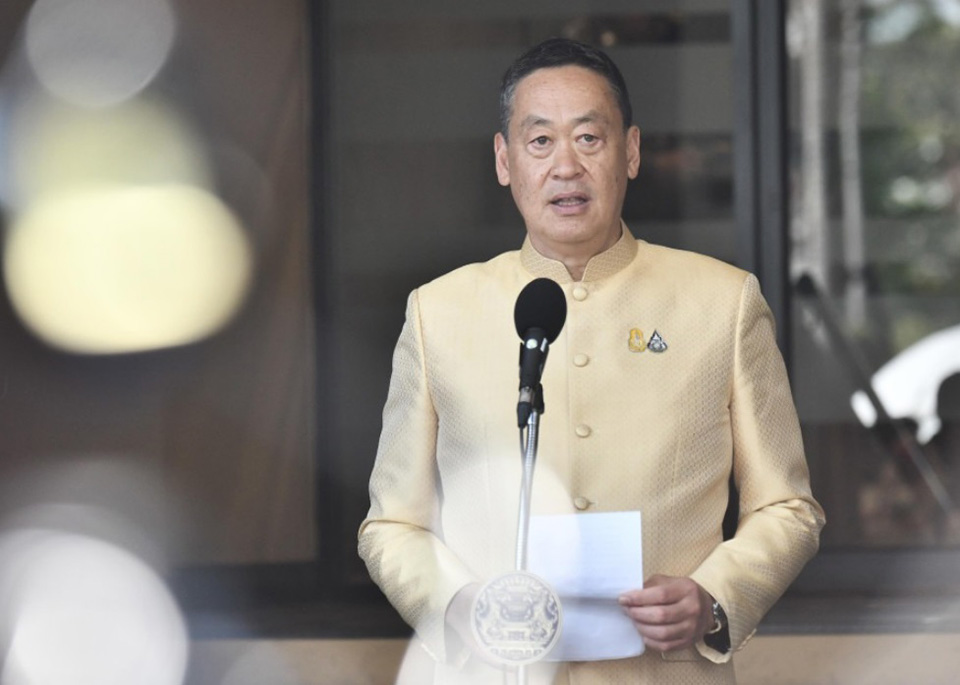
Prime Minister Srettha Thavisin is set to inaugurate the ’30-baht Plus’ universal healthcare scheme on Sunday, January 7, in Roi-Et province, marking a major advancement in Thailand’s healthcare. The project, initially launching in Roi-Et, Phrae, Phetchaburi, and Narathiwat, offers free medical services at various state and private medical facilities, requiring only a Thai ID for eligibility.
Public Health Minister Dr Cholnan Srikaew described the scheme as a breakthrough in public healthcare, providing widespread access to medical services. The scheme also ensures digital connectivity among participating medical facilities for efficient patient record sharing, regardless of whether patients visit state hospitals or private clinics.
Thailand’s healthcare system is currently segmented into three major programs: the civil service welfare system for civil servants and their families, social security for private sector employees, and the universal coverage scheme for other Thai nationals. Most private hospitals participate in these programs, with the World Bank reporting that 99.5% of Thailand’s population is covered under these diverse health schemes.
The Ministry of Public Health (MOPH) is responsible for national health policy and managing government health facilities, while the National Health Security Office (NHSO) manages fund allocation for the universal coverage program. Other key contributors to Thailand’s healthcare system include the Health System Research Institute (HSRI), the Thai Health Promotion Foundation, the National Health Commission Office (NHCO), and the Emergency Medical Institute of Thailand (EMIT). (NNT)







